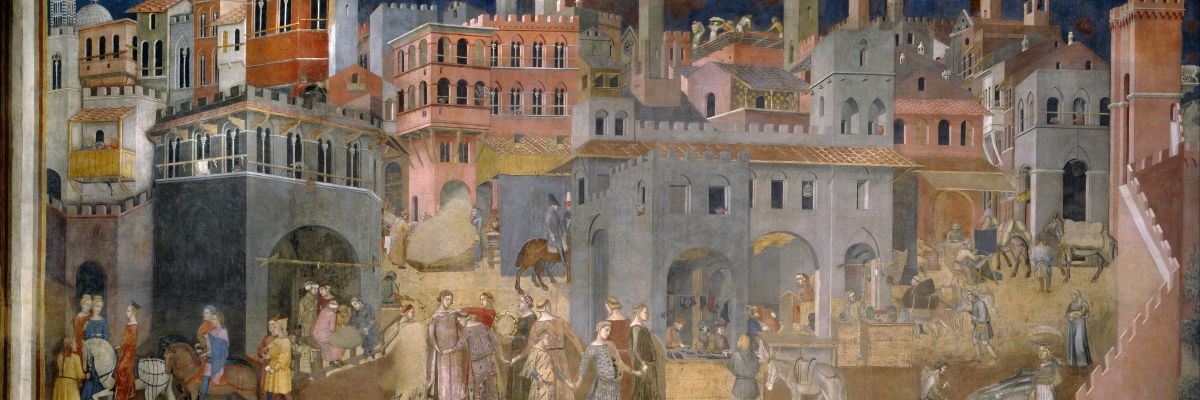
23. City as a Laboratory of Change; Construction, Historical Heritage and Place for Safe and Quality Life
RESEARCH PROGRAMME
City as a Laboratory of Change; Construction, Historical Heritage and Place for Safe and Quality Life
COORDINATOR
PhDr. Adéla Gjuričová, Ph.D.
Institute of Contemporary History of the CAS
GOALS
- Interdisciplinary study of cities and their social, cultural and ecological transformation and challenges
- Development of innovative diagnostic methods of material and of construction lifespan
- Establishment of a national hub of European infrastructure for research and protection of cultural heritage
- Application of Medipix CERN technology in diagnostics of heritage objects and art pieces
- Foundation of a joint institute dedicated to urban studies within the Academy of Science and university sector
Participating CAS Institutes
Archeologický ústav, Brno
Archeologický ústav, Praha
Etnologický ústav
Filozofický ústav
Historický ústav
Sociologický ústav
Ústav anorganické chemie
Ústav dějin umění
Ústav fyzikální chemie J. Heyrovského
Ústav fyziky atmosféry
Ústav informatiky
Ústav jaderné fyziky
Ústav pro českou literaturu
Ústav pro hydrodynamiku
Ústav pro soudobé dějiny
Ústav přístrojové techniky
Ústav struktury a mechaniky hornin
Ústav teoretické a aplikované mechaniky
Ústav teorie informace a automatizace
Ústav výzkumu globální změny
Cooperating partners
Palacký Univesity Olomouc
Prague Institute of Planning and Development
Faculty of Architecture, Czech Technical University in Prague
Cities surround majority of the world´s population today. They dominate the world both in terms of economy and consumption of natural resources. Cities are also the heart of political decision-making and activism, and the place where technological innovations are applied. Safe and quality life is determined by circumstances and long-term sustainability of constructions, along with the current and future man-made environment. The programme therefore focuses on residential aspects of human existence, considering technical, cultural and social aspects.
Part One explores city as the environment that lends an opportunity to observe and study the city as the fundamental challenge and threat for the future, and to explore its roots and history of transformation of man-made territory. This “laboratory of change” enables to study a city as dynamic space of migration, changing borders and communication networks, as an intellectual and political project, as the bastion of power, as well as mental and cultural space and, ultimately, the environment for urban life.
Part Two approaches human residence from a different perspective. It takes construction and architecture as the central attributes of human conduct and life. From the outset, construction and architecture have been factors that contribute to the creation of human ecosystem. They determine its protection and change, and generate inimitable cultural and historical intervention. Study of material, constructions and technologies is among the most dynamic disciplines of the day. The programme aims to bring together individual institutes. Based on diagnostics, monitoring and modelling it endeavours to develop new methods and processes for new constructions, and for the conservation and restoration of historical heritage.
The common denominator in both Parts is an interest in the perspective of human residential sites vis-à-vis climatic challenges in terms of social and historically created structures, and in terms of technical parameters and resistance of the constructions. The output of the project that bridges technical, natural and social sciences shall be a research that exceeds mental horizons of individual disciplines, and presents findings for the public, and applicable commercially and in public decision-making.